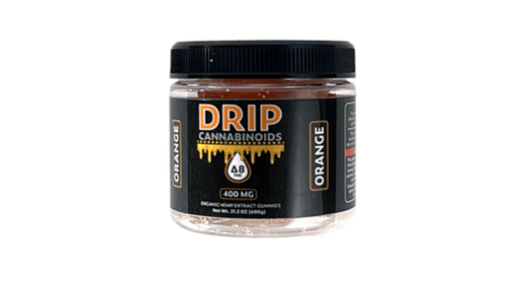
7 Grave Automotive Shopping Mistakes That You Shouldn’t Do
In automotive mystery shopping, where shoppers visit car dealerships undercover to evaluate service quality and the overall customer experience, making mistakes can lead to inaccurate data, wasted time, and even conflicts with dealership staff. If you’re venturing into automotive mystery shopping, it’s essential to be aware of common pitfalls that could compromise your success. Here are seven major mistakes to avoid to ensure that your mystery shopping efforts yield reliable and actionable insights.
1. Lack of Preparation
One of the gravest mistakes in automotive mystery shopping is failing to prepare adequately. Before visiting a dealership, you should research the car models and prices, understand the sales process, and review the specific objectives of your assignment. Without adequate preparation, you might miss critical details or appear uninformed, which could give you away as a mystery shopper. Preparation not only helps you blend in but also enables you to ask relevant questions and assess the dealership’s service more effectively.
2. Over- or Under-Engagement
Striking the right balance between engagement and detachment is crucial in mystery shopping. Being overly friendly or enthusiastic might cause sales staff to become overly accommodating, making it difficult to assess their natural approach. On the other hand, being too withdrawn can raise suspicion. Aim to engage just enough to mirror a genuine customer experience, allowing you to accurately gauge the dealership’s level of customer service.
3. Deviating from the Assignment
A common mistake is veering off from the objectives laid out in the mystery shopping assignment. This can lead to missed observations, incomplete data, and unreliable evaluations. For example, if the assignment specifies evaluating how well the salesperson explains financing options, don’t get sidetracked by focusing too much on the car’s features. Always stick closely to the guidelines provided to ensure that you’re gathering the necessary information for a comprehensive report.
4. Forgetting Key Details
Mystery audit requires sharp observation skills. Forgetting details—such as the salesperson’s name, the time it took for someone to greet you, or the specifics of a price negotiation—can skew your findings. To prevent this, jot down notes as soon as possible after your visit. Some mystery shoppers even use discreet apps to record observations in real time, allowing them to capture details without disrupting the shopping process.
5. Breaking Character
Remaining incognito is essential in mystery shopping. If you reveal yourself, even accidentally, the dealership may alter their behavior, leading to skewed results. Avoid using mystery shopper jargon, giving signals of excessive note-taking, or exhibiting behavior that seems scripted or unnatural. Any hint of breaking character could compromise your evaluation and give the dealership a chance to perform artificially, defeating the purpose of the visit.
6. Ignoring Non-Verbal Cues
Effective mystery shopping goes beyond listening to what the salesperson says. Often, non-verbal cues like body language, eye contact, and tone of voice can reveal more about a salesperson’s intentions and professionalism. Ignoring these non-verbal elements could cause you to overlook valuable insights about the overall customer service experience. Pay attention to gestures, facial expressions, and other non-verbal cues to gain a well-rounded understanding of the service quality.
7. Failing to Follow Up on Reports
After completing your visit, it’s vital to follow up by submitting a thorough, honest report. Some mystery shoppers rush through this process, resulting in vague or incomplete reports. A high-quality report is essential to convey your findings accurately, and it reflects on your professionalism as a mystery shopper. Avoid summarizing and instead, describe each part of your experience in detail to provide a complete, objective account.
Final Thoughts
Automotive secret shopping can be a rewarding endeavor if done correctly, offering valuable insights for dealerships to improve customer experience. By avoiding these seven critical mistakes—ranging from lack of preparation to failing to follow up on reports—you can ensure a successful mystery shopping experience that truly reflects the quality of service at the dealership. Pay attention to detail, stay incognito, and remember your assignment’s objectives, and you’ll be well on your way to producing credible and valuable evaluations.


